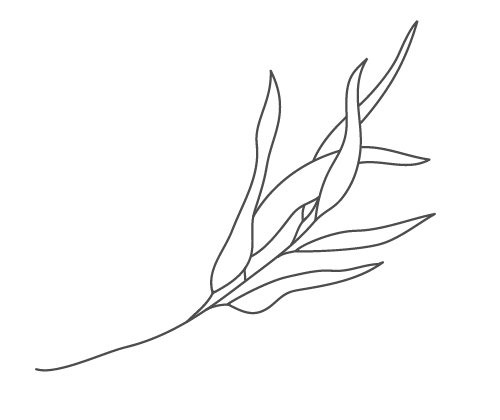My mantra with all things work-related used to be a resounding “crack on!”.
As overstretched managing director of a very busy PR agency, my work was never done. Switching off and taking a break wasn’t something that even entered my head. My approach was just to get my head down and work and work and work. Little did I realise back then that this approach actually delivers diminishing returns, not to mention a fast-track to poor health.
Our 24/7 lifestyles have made us very adept at overriding our natural rhythms. We bend our minds and bodies to fit an unrelenting workday. I see this even more at the moment, when so many of us are working from home and are feeling pressurised to be on email every waking moment, just in case our employer messages us and assumes that we’re shirking our responsibilities if we don’t get back to them instantly.
But all this comes with a huge price tag: reduced productivity and a build-up of fatigue, stress and poor health. If we can acknowledge and embrace our natural rhythms instead, we’ll find ourselves functioning optimally, being more productive…and a whole lot happier to boot. Our energy naturally ebbs and flows throughout the day. If we stop fighting that flow and instead work with it, we can get more done, while staying sharper and feeling more balanced.
In this week’s episode of my Wellness Unwrapped podcast, I chat through a fundamental but little-understood principle: our body’s energy bank and the need to keep it topped up. I also lift the lid on ultradian rhythms, which occur in human beings many times throughout the day, and how we can work with them rather than against them in order to thrive.
I used to be pretty old-school when it came to downtime: off-time was wasted time. Now I know that off-time is an integral part of being “on”. We can only be fully “on” if we also allow ourselves to be fully “off”. For most of my working life, if I found myself flagging at my desk, I’d give myself a shot of sugar and/or caffeine to perk myself up. These days, I know better than to try and artificially spike my energy when my brain is really calling out for a restorative break so that it can reboot itself. I’m more attuned to the signs now: after a certain amount of time working, I get a fuzzy feeling behind the eyes and everything suddenly feels a lot harder and slower. That’s nature’s cue for me to take a break and recharge. When I’m in that down phase, I know that trying to cram more work in at this point will only be counter-productive. So I’ll use the opportunity to have a stretch, go for a quick stroll or get myself a drink and sit in the garden, listening to the birds. Or I’ll tackle a task that’s easy on the brain, like tidying. Then I can come back a short time later to get another wodge of work done with a brain that is newly refreshed.
Want to get more done with less stress? Tune in here to hear how!




0 Comments